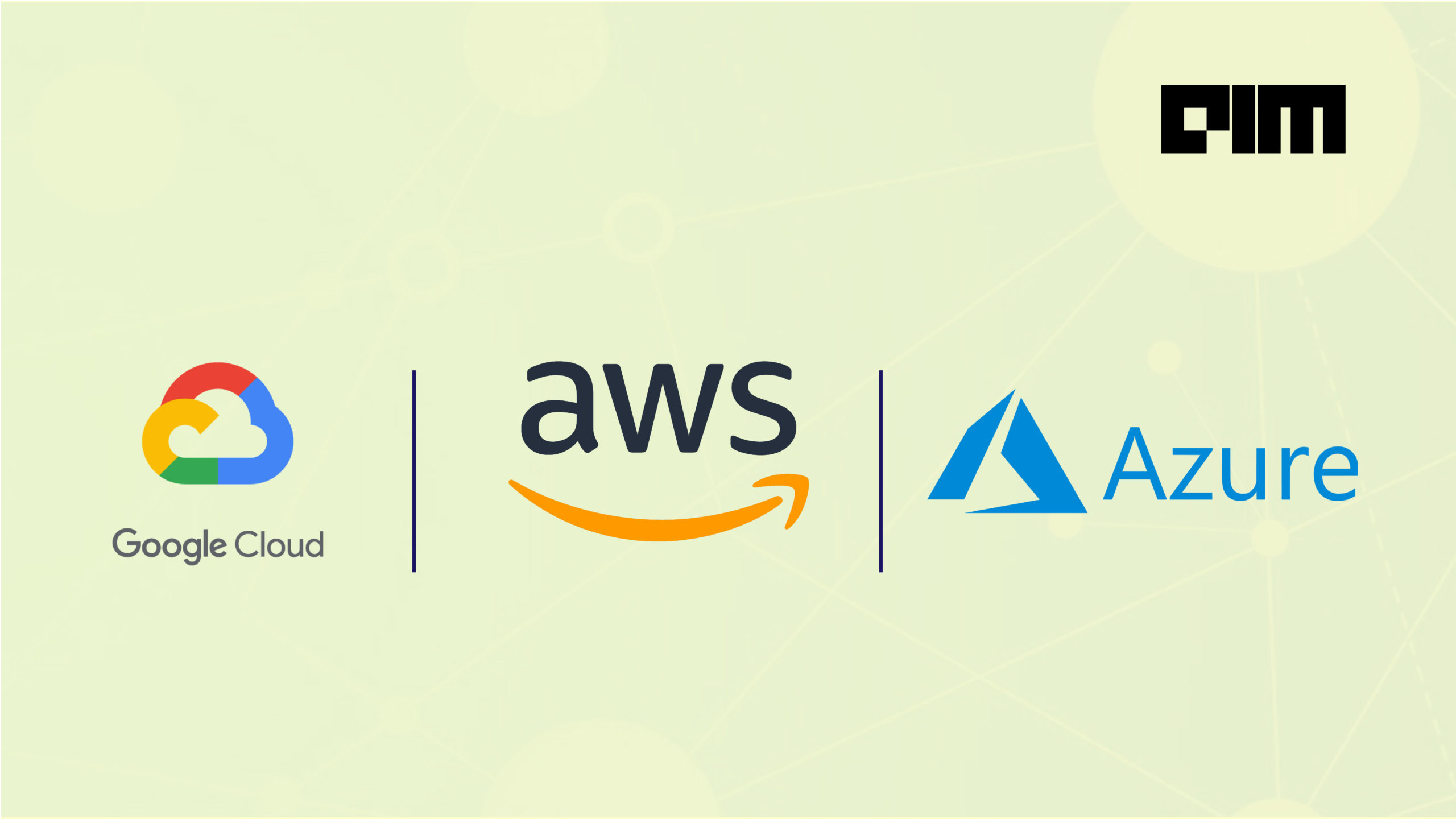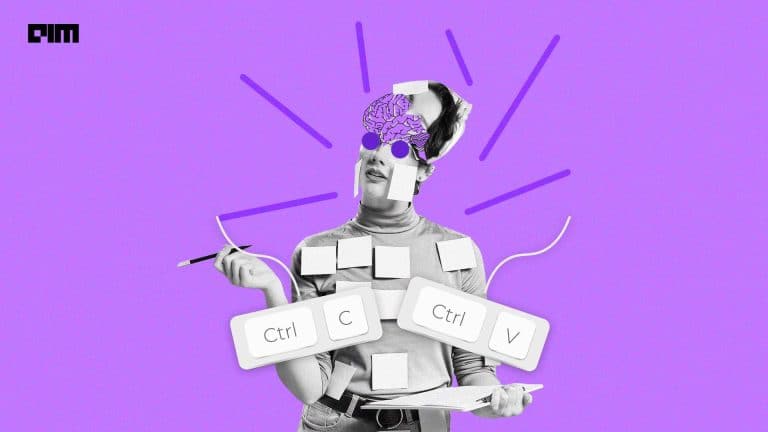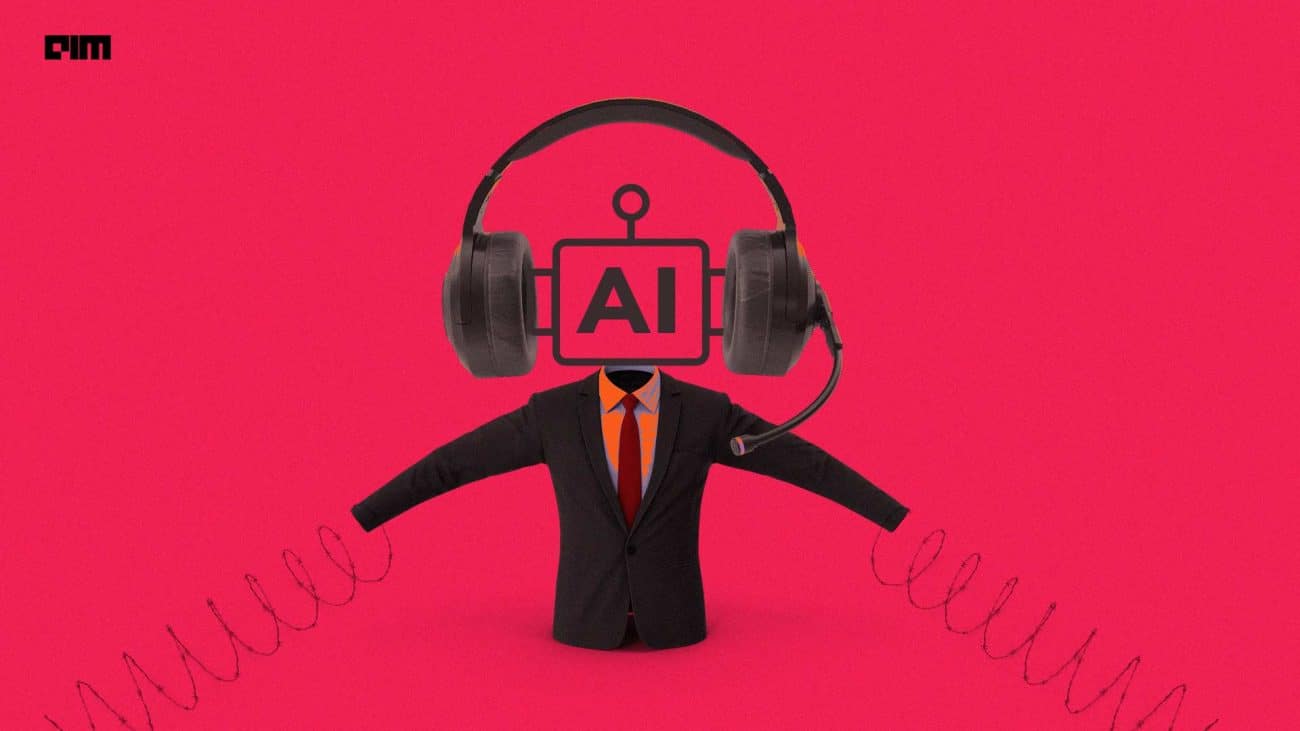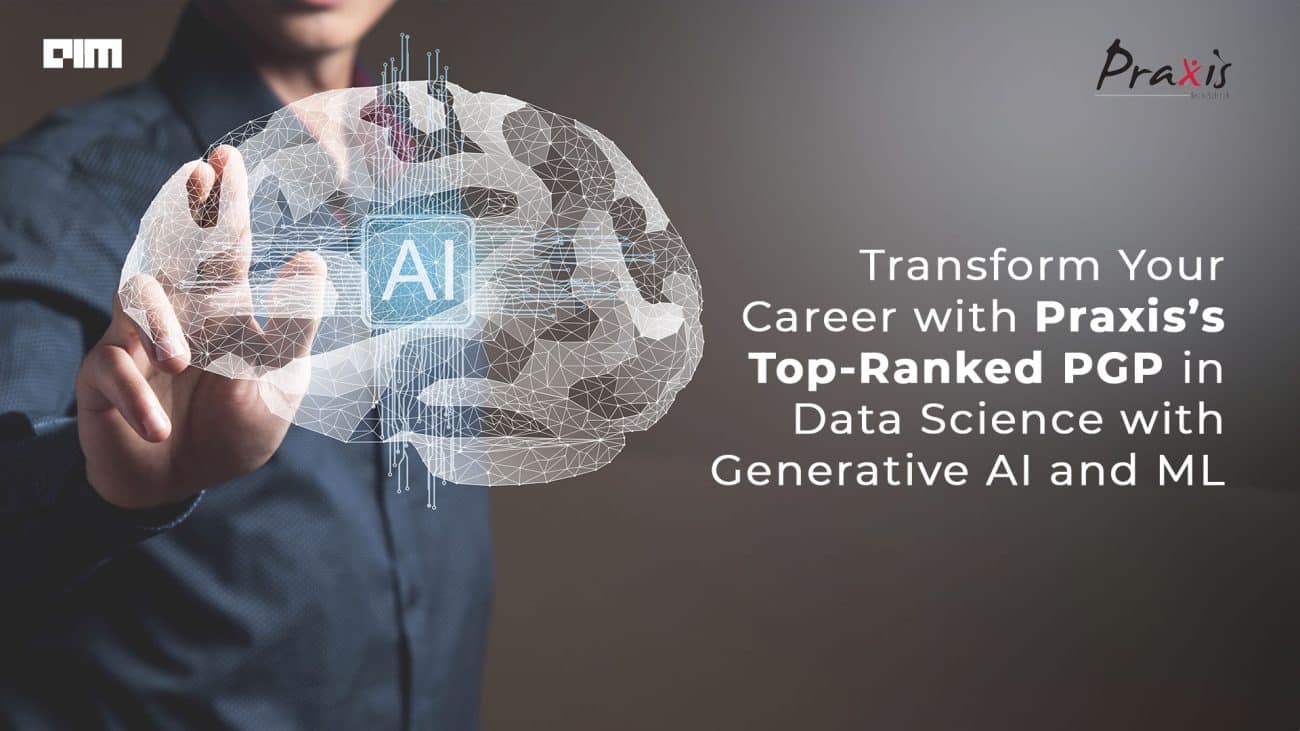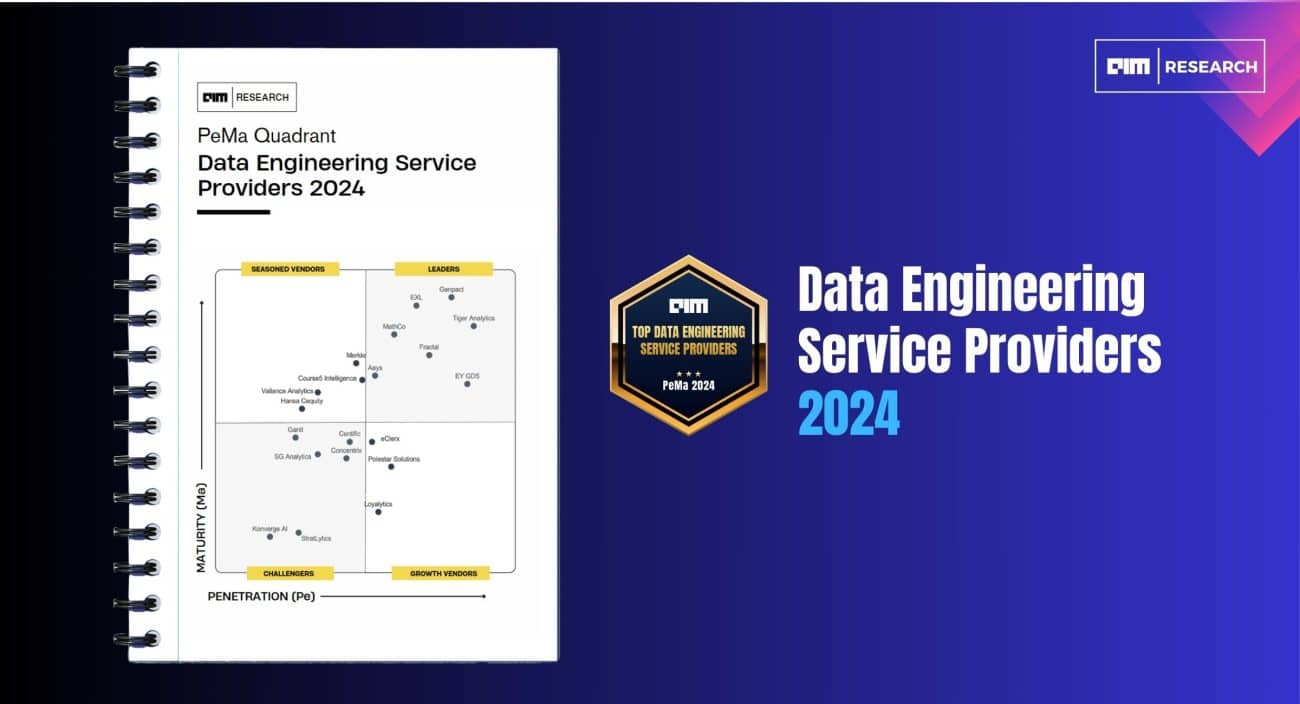Artificial intelligence is expected to increase economic output by $13 trillion in the coming decade. As per McKinsey’s report, organisations that fully absorb this technology will double their cash flow in that time, while firms that don’t, could see a 20% decline.
The prepackaged solutions of the top cloud providers like Google Cloud help integrate AI into products. Cloud is now being utilised for navigating ships carrying cargo, thereby connecting online and offline retail markets. It is also assisting companies with ML services in fintech for fraud detection and many more.
Here is how the top cloud players in the market are deploying and offering AI tools to improve the performance:
Google Cloud
Google made over $8 billion in revenue last quarter and now it wants to scale up its services in India by tapping into the public sector.
Last April, CEO Thomas Kurian announced Google Cloud’s new services to target different industries that include media and entertainment, retail, healthcare, financial services, and public sector.
Users can use AI Platform Training and Prediction services to train models and deploy them to production on GCP in a serverless environment or do so on-premises using the training and prediction microservices provided by Kubeflow. Here are a few other services that made GCP one of the most preferred cloud providers:
- Deep Learning VM Image makes it easy and fast to instantiate a VM image containing the most popular AI frameworks on a Google Compute Engine instance without worrying about software compatibility.
- AI Platform Notebooks are integrated with BigQuery, Cloud Dataproc, and Cloud Dataflow, making it easy to go from data ingestion to preprocessing and exploration, and eventually model training and deployment.
- AI Platform Training runs the training job on computing resources in the cloud without the need to write a training application.
- Kubeflow is a Cloud-Native platform for machine learning-based on Google’s internal machine learning pipelines.
- Along with this users can also use BigQuery to store data and can also import the labelled data to AutoML and train a model directly.
- Users can manage their models, experiments, and end-to-end workflows using the AI Platform interface within the GCP console, or do so on-premises using Kubeflow Pipelines. AI Platform offers advanced tooling to help understand the model results and explain them to business users.
- Users can discover ML pipelines, notebooks, and other AI content via AI Hub and leverage Kubeflow Pipelines to build reusable end-to-end ML pipelines that one can share with other users and deploy on GCP or on-premises.
Microsoft Azure
Azure offers its users the most advanced machine learning capabilities to build, train, and deploy machine learning models quickly and easily using Azure Machine Learning, Azure Databricks and ONNX.
A Python-based machine learning service with automated machine learning and edge deployment capabilities.
An open-source model format and runtime for machine learning, which enables users to easily move between the frameworks and hardware platforms of one’s choice.
Azure Cognitive Search is the only cloud search service that has built-in AI capabilities, which enrich all types of information to easily determine and explore relevant content effectively at scale. Formerly known as Azure Search, it utilises the same integrated Microsoft natural language stack, which Bing and Office used for more than a decade, and AI services across vision, language, and speech. Spend more time innovating and less time maintaining a complex cloud search solution.
AWS
AWS has the deepest set of AI services for businesses that are being used in solving some of the toughest challenges. Users can choose from pre-trained AI services for computer vision, language, recommendations, and forecasting to quickly build, train, and deploy machine learning models at scale. Here are a few tools that facilitate AI-based services:
- Amazon Fraud Detector is a comprehensive service that makes it easy to identify potentially fraudulent online activities. Users can create a fraud detection model with just a few clicks and no prior ML experience because Fraud Detector handles all of the ML heavy liftings for the users.
- Amazon CodeGuru is a machine learning service for automated code reviews and application performance recommendations. With CodeGuru, one can find and fix code issues such as resource leaks, potential concurrency race conditions, and wasted CPU cycles.
- Audio data is virtually impossible for computers to search and analyze. Amazon Transcribe enables developers to add speech-to-text capability to their applications.
- Amazon Lex offers the advanced deep learning functionalities of automatic speech recognition (ASR) for transforming speech to text, and natural language understanding (NLU) to identify the intent of the text, enable users to develop applications with highly engaging user experiences and lifelike conversational interactions.
- Amazon Polly is a service that converts text into life-like speech, allowing users to develop applications that talk and make entirely new categories of speech-enabled products.
- Amazon Textract is a service that automatically extracts text and data from scanned documents. With Textract one can quickly automate document workflows, enabling processing of millions of document pages in hours.
- Amazon Comprehend is a natural language processing (NLP) service that uses machine learning to find insights and relationships in the text without the need for machine learning expert.
Tech giants like Google, Amazon, and Microsoft have been top providers so far. While Amazon and Microsoft have topped the charts, Google trailed behind. The last quarter reports of Google Cloud tells a new tale as they have made good numbers(~$8 billion).
According to NASSCOM, the cloud market in India is expected to soar to $7.1 billion by 2022 due to the developmental leaps in big data analytics, artificial intelligence, machine learning and internet of things.
Due to the computational demand changes for applications and users. There is a need for flexibility between different demands and still be able to deliver results in real time. So these are exciting times to be developing new cloud technologies for solving hard problems.


